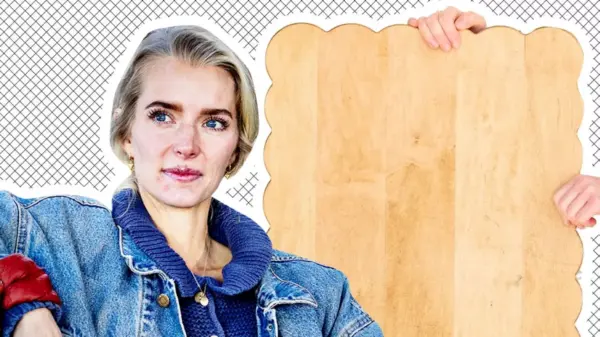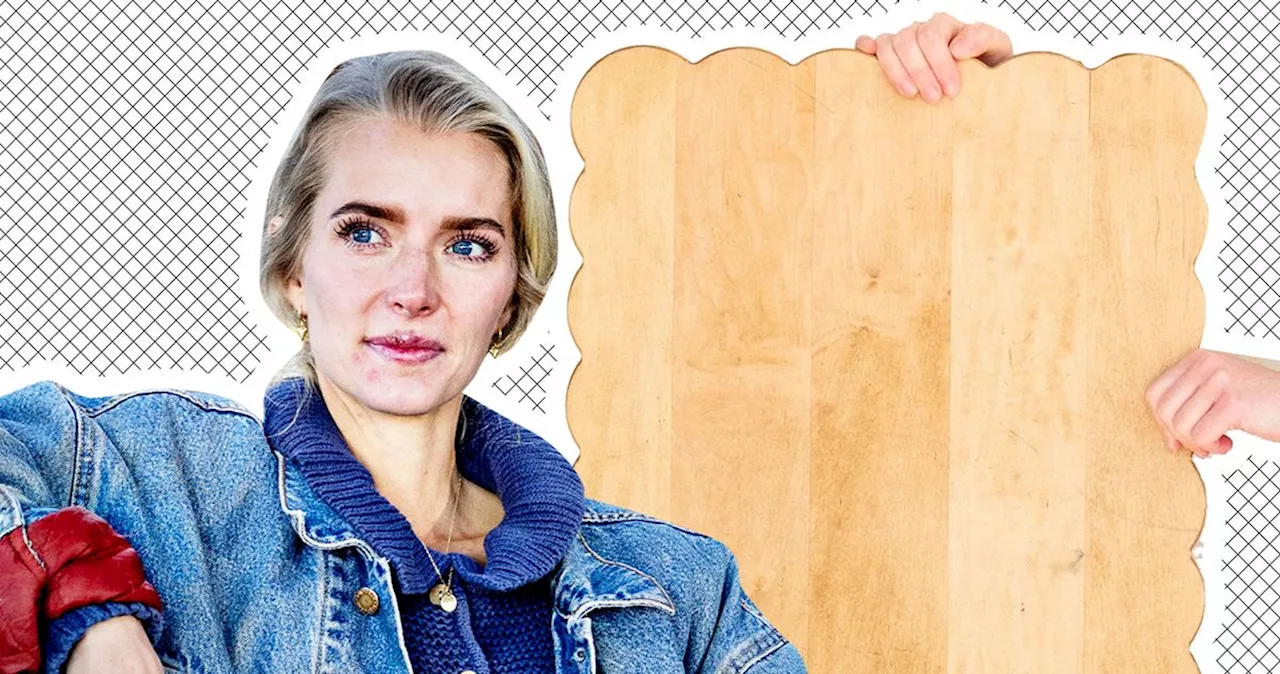The luxury scalloped wood cutting board from Ballerina Farm, priced at $259, has ignited debate on social media platforms, particularly TikTok. In response to the backlash, founder Hannah Neeleman defended the product in an eight-minute video, addressing concerns about its quality and cost.
Critics on TikTok have raised questions about the board’s construction, specifically pointing out that the material used is prone to warping and bowing. A user known as Rustic Hippies highlighted that many consumers reported their boards arriving already warped after exposure to moisture. She stated, “People holding up this board and it’s already warped and bowed because it sat in their sink and it got wet and dried and now it looks awful.”
The criticism has extended beyond the board’s physical attributes. Some users have accused Neeleman of misrepresenting the item, suggesting it is marketed as a “cutting board” when it is more suited for charcuterie displays. One commenter remarked, “I’m sorry I’m not trying to hurt someone’s commission, but I do believe lying to people about this product only makes you look bad. It’s $260. That’s not cheap but it’s a cheap product.”
Despite the backlash, many customers have taken to the Shop app to praise the board, calling it “beautiful” and “very well made.” The mixed reviews have clearly struck a chord with Neeleman, prompting her to address the situation directly.
In her response, Neeleman acknowledged the board’s high price, attributing it to the fact that the boards are handmade in Utah by a husband and wife team who have become her friends. She explained that the weight of the boards significantly contributes to shipping costs. While she did not delve into specifics about the wood grain, she assured viewers that numerous decisions are made during production to ensure the quality of their products.
Acknowledging that some of her other offerings also come at a premium, Neeleman commented, “It wouldn’t be exciting or fun or fulfilling to me to cut corners on things and sell them at a lower price.”
In addition to addressing the cutting board controversy, Neeleman reflected on the challenges that arise when a brand grows significantly. She noted that “new eyes come in” and often make assumptions about her and her husband, Daniel, who is the son of the founder of JetBlue. While admitting they are “newbies in agriculture” and have made mistakes, she emphasized that they started from scratch without financial support.
This incident highlights the complexities of branding and consumer expectations in the age of social media. As Ballerina Farm navigates this controversy, it underscores the importance of transparency and quality assurance in product offerings.







































































